RESEARCH PUBLICATION ON EDUCATION BY MOHAN LAL GRERO
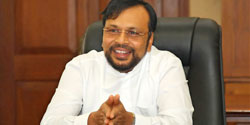 The urgent and dire need to overhaul the existing National Education System, to modernize it and make it relevant to today’s national and global environment is widely agreed upon by one and all. In this climate of urgency, the launch of the book by Dr. Mohan Lal Grero, The Mismatch Between the Education System and the Job Market in Sri Lanka with special reference to Soft Skills to be held on Saturday, 2nd February 2019 in the Lotus Hall, BMICH with the participation of the President, His Excellency Maithripala Sirisena is, to say the least, timely. Introduction speech of the event to be delivered by Prof. Mohan De Silva, Chairman, UGC and the Keynote Address by Dr. Harsha Aturupane, Lead Economist, World Bank Group. In spite of the priority given by the government to Education, in spite of the high literacy rates in the country, in spite of the relatively better educated human resources in the country, the rates of unemployment and under-employment continue to rise. The term ‘mismatch between the education system and the job market’ has come to be used constantly by those engaged in the field of Education.
The urgent and dire need to overhaul the existing National Education System, to modernize it and make it relevant to today’s national and global environment is widely agreed upon by one and all. In this climate of urgency, the launch of the book by Dr. Mohan Lal Grero, The Mismatch Between the Education System and the Job Market in Sri Lanka with special reference to Soft Skills to be held on Saturday, 2nd February 2019 in the Lotus Hall, BMICH with the participation of the President, His Excellency Maithripala Sirisena is, to say the least, timely. Introduction speech of the event to be delivered by Prof. Mohan De Silva, Chairman, UGC and the Keynote Address by Dr. Harsha Aturupane, Lead Economist, World Bank Group. In spite of the priority given by the government to Education, in spite of the high literacy rates in the country, in spite of the relatively better educated human resources in the country, the rates of unemployment and under-employment continue to rise. The term ‘mismatch between the education system and the job market’ has come to be used constantly by those engaged in the field of Education.
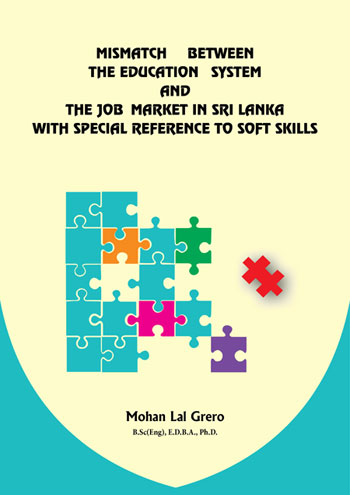 It has been and continues to remain among the most significant barriers to the past, present and future national development. However, pinpointing the exact causes and consequences of this phenomenon, backed by the findings of a comprehensive scientific research needed to be accomplished. It is in this context that the author, Dr. Mohan Lal Grero, set out to find answers to this burning issue. The book The Mismatch Between the Education System and the Job Market in Sri Lanka with special reference to Soft Skills is the culmination of this quest. The study was aimed at making sense of this notorious ‘mismatch’. What is the nature of this mismatch? How could one define it in tangible and precise terms specific to the Sri Lankan context? Which precise gaps and lapses in our Education System have resulted in this mismatch? What are we neglecting and failing to impart to our Youth? What is needed to gain the full perspective necessary to understand and to grapple with such a complex issue? What solutions could we practically implement? In order to shed light on the matter, the author gathered data in a comprehensive, Island-wide survey which encompassed the three major education segments in the country, i.e. General Education, University Education and Technical & Vocational Education & Training.
It has been and continues to remain among the most significant barriers to the past, present and future national development. However, pinpointing the exact causes and consequences of this phenomenon, backed by the findings of a comprehensive scientific research needed to be accomplished. It is in this context that the author, Dr. Mohan Lal Grero, set out to find answers to this burning issue. The book The Mismatch Between the Education System and the Job Market in Sri Lanka with special reference to Soft Skills is the culmination of this quest. The study was aimed at making sense of this notorious ‘mismatch’. What is the nature of this mismatch? How could one define it in tangible and precise terms specific to the Sri Lankan context? Which precise gaps and lapses in our Education System have resulted in this mismatch? What are we neglecting and failing to impart to our Youth? What is needed to gain the full perspective necessary to understand and to grapple with such a complex issue? What solutions could we practically implement? In order to shed light on the matter, the author gathered data in a comprehensive, Island-wide survey which encompassed the three major education segments in the country, i.e. General Education, University Education and Technical & Vocational Education & Training.
He concurrently reviewed the historical development of the Sri Lankan education system and the education reforms and policies implemented in the country over the years. From another angle, data were gathered from all identifiable stakeholders. The range of stakeholders included could be considered comprehensive. Among them, unemployed O.L. and A.L. school leavers, present A.L. students, unemployed past students of the vocational & training sector, unemployed graduates, unemployed undergraduates of external degree programmes, employees with different educational backgrounds from different sectors (such as; public, private, semi-government, non-government, self-employment), employers in different sectors, officials of the National Education Commission, of the National Institute of Education, of the Ministry of Education, of the University Grants Commission and academic staff of State universities. Having gathered the data, he compared the three education segments with the key features of the current day job market in terms of the skills required to tackle both the local and the global work environments. Over the course of the study, two key words emerged: Soft Skills, or rather the lack or absence of emphasis on soft skills in the various segments of the system. The concept of soft skills was further scrutinized under three key areas because soft skills in themselves are complex in nature.
Thus, general soft skills, communication skills and special soft skills were examined in terms of the support that secondary school students, secondary school graduates, undergraduates, university graduates and unemployed university graduates receive in order to gain and hone such skills. The support offered was then compared with the skills expected by employers. The study led to 17 general and 30 specific conclusions. In his book, Dr. M. L. Grero provides recommendations and possible policy options for each of the 30 specific conclusions. Dr. Mohan Lal Grero has dedicated his life to uplifting education in Sri Lanka. He is today, a distinguished politician who has the rare honour of having hands-on experience in his respective field, i.e. that of Education. His desire to improve the national system stems from the earliest stages of his career in Education. He has always endeavoured, in one way or another to bridge the gaps he saw in the national system. He first became renowned as a Physics tutor, imparting his knowledge and skills to over 300,000 students who sought his help in private tutoring to succeed at the National Advanced Level Examinations, given that the support received from their respective schools was deemed insufficient by them.
He was engaged in providing this service for over 30 years from 1974 to 2004. In 1993, he founded the network of Lyceum International Schools with the objective of providing a high quality English medium education that is respectful of the Sri Lankan national identity to children of middle income families, at an affordable cost. The network boasts of a student population of over 20,000 in 10 branches, spanning several districts today and catalysing true social mobility to a noteworthy extent in the country. In 2004, he entered the political arena with the intention of establishing a National Education Policy and uplifting the Education System in the country. Since then, he has served the country in several capacities including those of State Minister of Higher Education, State Minister of Cultural Affairs and State Minister of Education. Among his many contributions in the capacity of a statesman, during his tenure as the Deputy Minister of Education, he was instrumental in developing 1000 technological laboratories, 1000 secondary schools and 500 primary schools in various corners of the country as well as in introducing the Technology Stream into the G.C.E. (A.L.) curriculum in 2013, yet again in a tangible attempt to bridge the gap between the Education System and the job market.
The Mismatch Between the Education System and the Job Market in Sri Lanka with special reference to Soft Skills is the 17th book to be published by Dr. M.L. Grero. His previous publications include books in Science and Mathematics for Advanced Level and Ordinary Level students, over 360 articles on Education published in the Lankadeepa newspaper, 60 of which were subsequently published in the book titled Iskola Handiya. Furthermore, he was also the publisher of Vidula, a weekly educational periodical for A.L. and O.L. students, sold at a nominal price and circulated throughout the country. It is therefore of no doubt that the book The Mismatch Between the Education System and the Job Market in Sri Lanka with special reference to Soft Skills will be a valuable work and a source of reference not only to the policy-makers of Education in the country, but also to all those who seek to understand the shortcomings of the system and how to overcome them. When considering the study he conducted and its conclusions, Dr. Mohan Lal Grero is convinced that continuing without change, in the present mode will inevitably lead to a crisis that will cost both the Youth and the country dearly in the foreseeable future.
















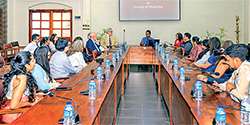
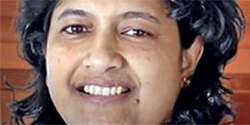


















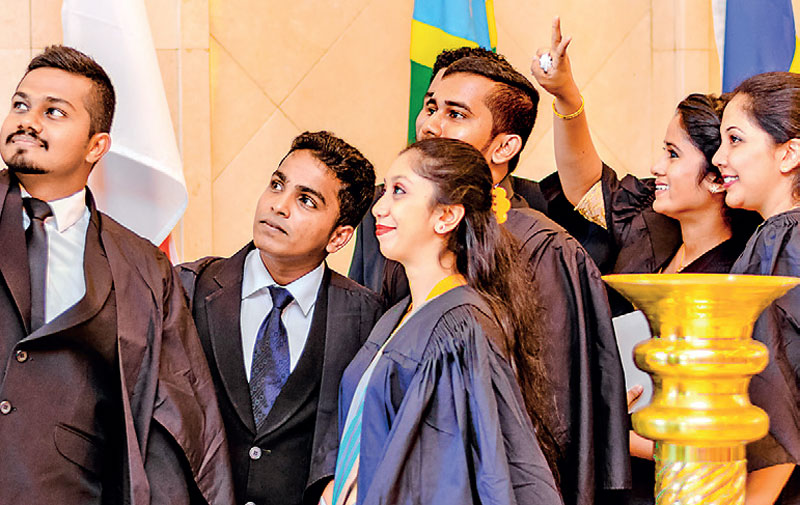

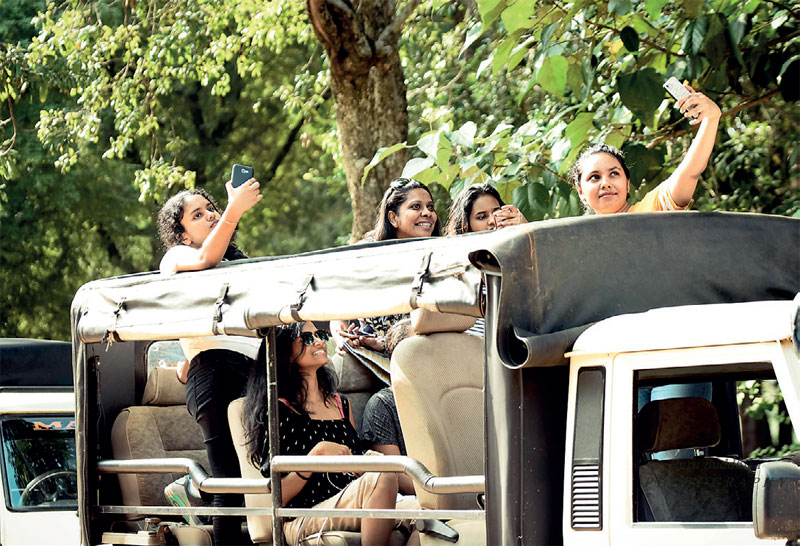
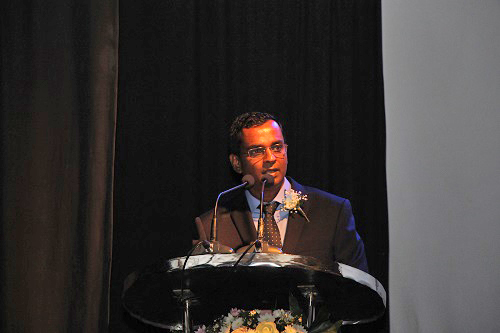
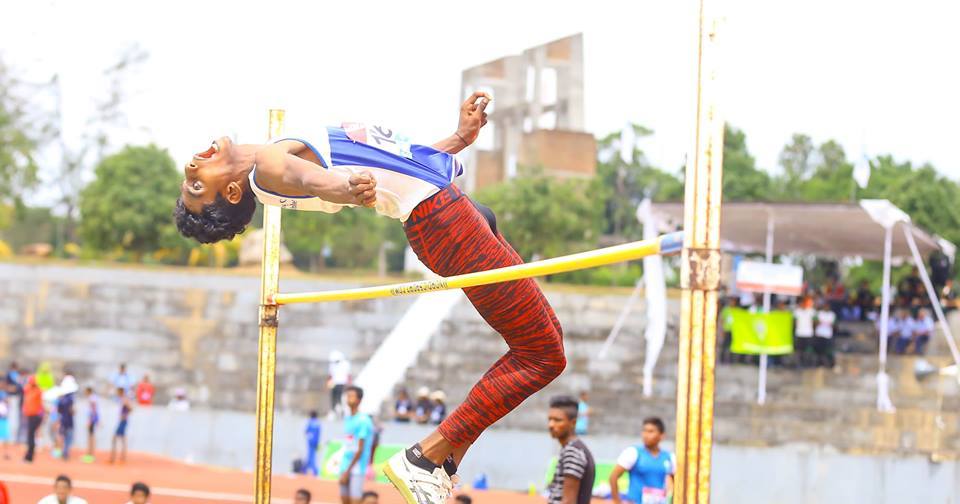
.jpg)
.jpg)
.jpg)
.jpg)
.jpg)
.jpg)
